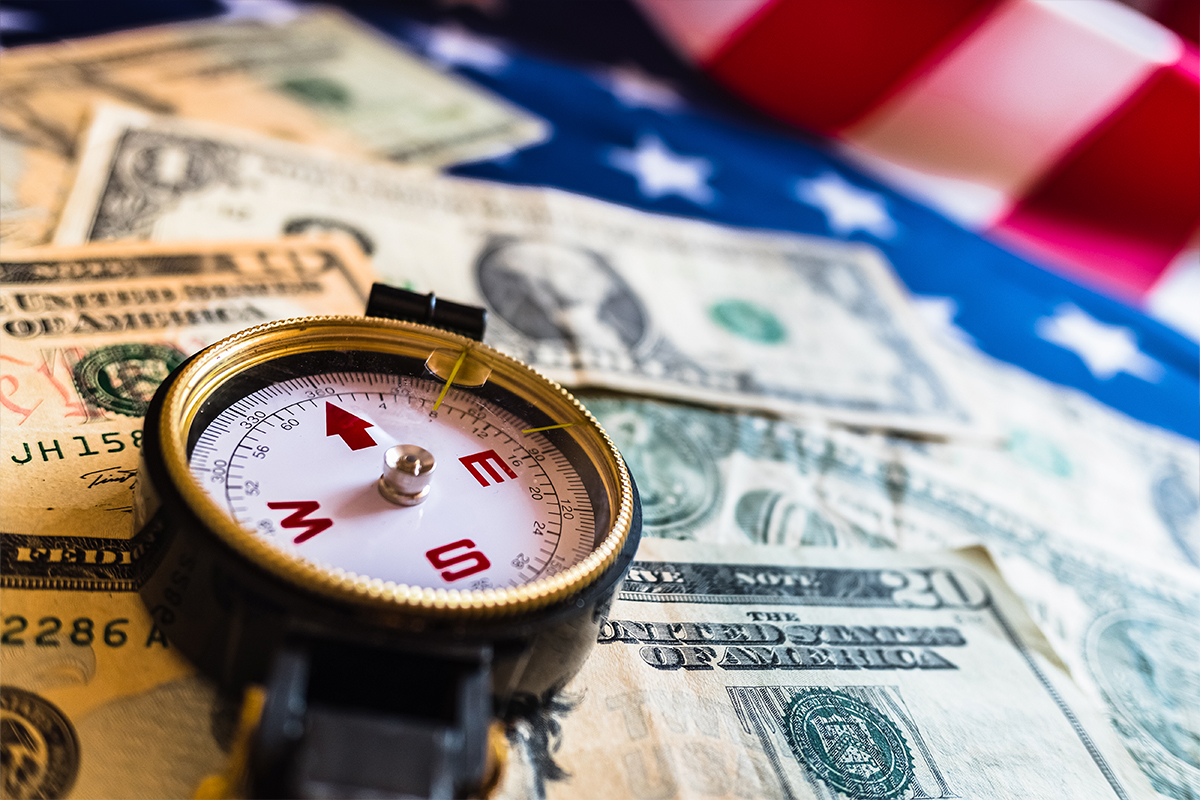How to deal with a personal financial crisis
Facing a personal financial crisis can be an overwhelming and stressful experience, but it is possible to overcome it with a well-structured plan and a positive attitude. A personal financial crisis can arise for a variety of reasons, such as job loss, unexpected medical expenses, or poor money management. Below are some strategies for handling and overcoming a personal financial crisis.
The first step in dealing with a personal financial crisis is to assess your current situation. Take a detailed inventory of your income, expenses, debts, and assets. Knowing exactly how much money you have and how much you owe will allow you to make informed decisions and prioritize your spending. It’s essential to be honest with yourself during this process to fully understand the magnitude of the crisis.
Once you have a clear picture of your financial situation, it’s important to cut back on unnecessary expenses. Analyze your spending habits and eliminate non-essential expenses. This can include subscriptions to services you don’t use, eating out frequently, or impulse purchases. Every little bit of savings counts and can make a big difference in the long run. Prioritizing your basic needs and eliminating temporary luxuries is a key strategy in times of crisis.
Creating a realistic budget is crucial to getting through a personal financial crisis . A budget will help you manage your finances effectively, allocating your income to the most important areas. Make sure to include all of your income and expenses, and set aside a portion for savings, even if it’s small. Having a clear handle on your money will give you a sense of control and allow you to make adjustments as needed.
In times of personal financial crisis , looking for additional sources of income can be a viable solution. Consider temporary jobs, freelancing, or selling items you no longer need. Any extra income can help you cover your expenses and reduce financial pressure. Additionally, developing skills that allow you to earn additional income can be beneficial in the long run.
Negotiating with your creditors is another important strategy. If you have debt, communicate your situation to your creditors and look for alternative payment options. Many creditors are willing to offer flexible payment plans or reduce interest rates to prevent the situation from getting worse. Open and honest communication can lead to solutions that allow you to manage your debts more effectively.
During a personal financial crisis , it’s critical to protect your emotional well-being. Financial stress can take a toll on your mental health, so it’s important to seek support. Talk to friends, family, or a financial counselor for guidance and emotional support. Staying positive and remembering that this situation is temporary will help you stay motivated and focused on solutions.
Taking advantage of the resources available in your community can be a big help. Many organizations offer financial assistance, counseling, and educational resources for people in crisis. Researching and utilizing these resources can provide you with the help you need to overcome your financial situation.
Dealing with a personal financial crisis takes time, effort, and patience. However, with careful planning and a proactive attitude, it is possible to overcome this stage and regain financial stability. Learning from this experience and making more informed financial decisions in the future will help you avoid similar situations and build a solid financial foundation.

